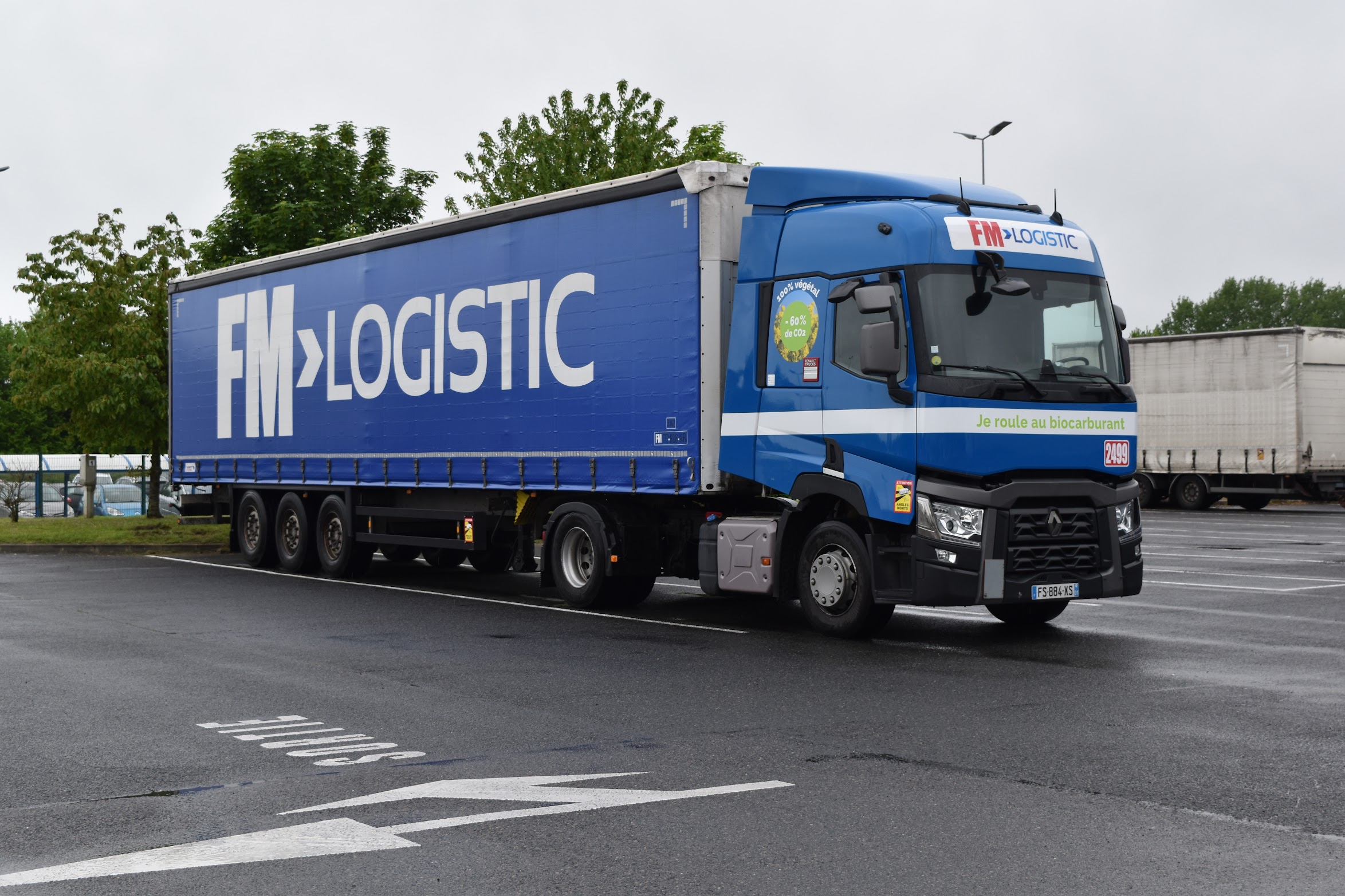Leveraging multimodal transport to decarbonise logistics
Committed to reducing the carbon footprint of its logistics solutions, FM Logistic offers its customers multimodal transport solutions whenever feasible.
On October 5, 2023

Committed to reducing the carbon footprint of its logistics solutions, FM Logistic offers its customers multimodal transport solutions whenever feasible.
On October 5, 2023
Multimodal transport, which decreases the number of trucks on the road, has been identified by FM Logistic as a top priority and is gaining momentum.
As a critical ingredient of the supply chain, freight transport is responsible for a large proportion of the carbon emissions contributing to global warming. While transcontinental journeys between Asia and Europe occur by sea and rail, Europe favors road transport for economic and technical reasons. “It is more profitable to use road transport if the distance is less than 500 kilometres,” explains Damien Perderau, International Transport Department Director. “Beyond that, road transport makes economic and environmental sense. From an environmental point of view, it is crucial to switch to low-carbon modes of transport, but we need to find the right economic balance.” Yet, embracing this change is not without challenges. Technically, limited rail infrastructure dedicated to goods flow in France is an issue. Despite this obstacle, there has been a recent surge in political determination to revamp the country’s infrastructure, bolstered by the backing of European subsidies. Europe, as a whole, is making strides towards dedicated rail connections, with countries like Germany and Switzerland spearheading the drive towards a greener freight transport future.
Multimodal Transport: a Virtuous Solution
As a major player in the logistics sector, FM Logistic actively explores every alternative to reduce its environmental footprint. With this in mind, the Group has identified multimodal transport as a pivotal and virtuous priority. By seamlessly integrating at least two modes of transport (rail, road, inland waterway, or sea) from loading to final delivery, multimodal transport emerges as a virtuous solution for transporting goods across extensive distances with a significantly reduced environmental footprint, compared to relying solely on road transport. This strategy curtails the number of trucks on the roads, generating many benefits : fewer pollutants, diminished CO2 emissions, reduced noise and visual pollution, and safer roadways. An added benefit is its potential to address the persisting shortage of post-Covid drivers. “Our tenders are always two-sided,” says Damien Perdereau. “We are the driving force behind rail proposals and we offer multimodal alternatives to reduce the number of lorries on the road. We look at the points of origin and destination, map out possible rail hubs and study the advantages in terms of distance and proximity to rail hubs and infrastructure“. While multimodal transport is environmentally friendly, its implementation requires meeting specific conditions: minimum distance of 500 kilometers, (otherwise important volume or high frequency), type of goods, proximity of suitable terminals and the existence of rail solutions close to the loading and distribution sites.
Although combined transport currently accounts for between up to 5 % of its solutions, FM Logistic ambitions to increase it up to 15 % – 20 % in the near future. And to speed up the switch to multimodal transport, the Group relies on the imminent arrival of a multimodal transport expert and on its existing network of logistics sites and partners connected to the railways. “We developed rail-connected logistics platforms a long time ago and we are currently upgrading them,” says Damien Perdereau. “Once operational, these platforms will be a real plus, because trains will be able to access our platforms directly rather than stations. We are working on reconnecting our logistics platforms to rail freight by installing rail sidings directly onto the platforms in France and Europe. This will require major investment, but we should benefit from local, national and European subsidies.”
For FM Logistic, multimodal transport is undoubtedly the future of logistics. The rise of data-analysis with our data analysts teams will foster the seamless development of multimodal transport. Analysing and harnessing thousands of data points on incoming and outgoing flows will enable the company to optimize operations, enhance efficiency, and accelerate the adoption of sustainable transportation methods.
How can we help you ?
Fill in the form